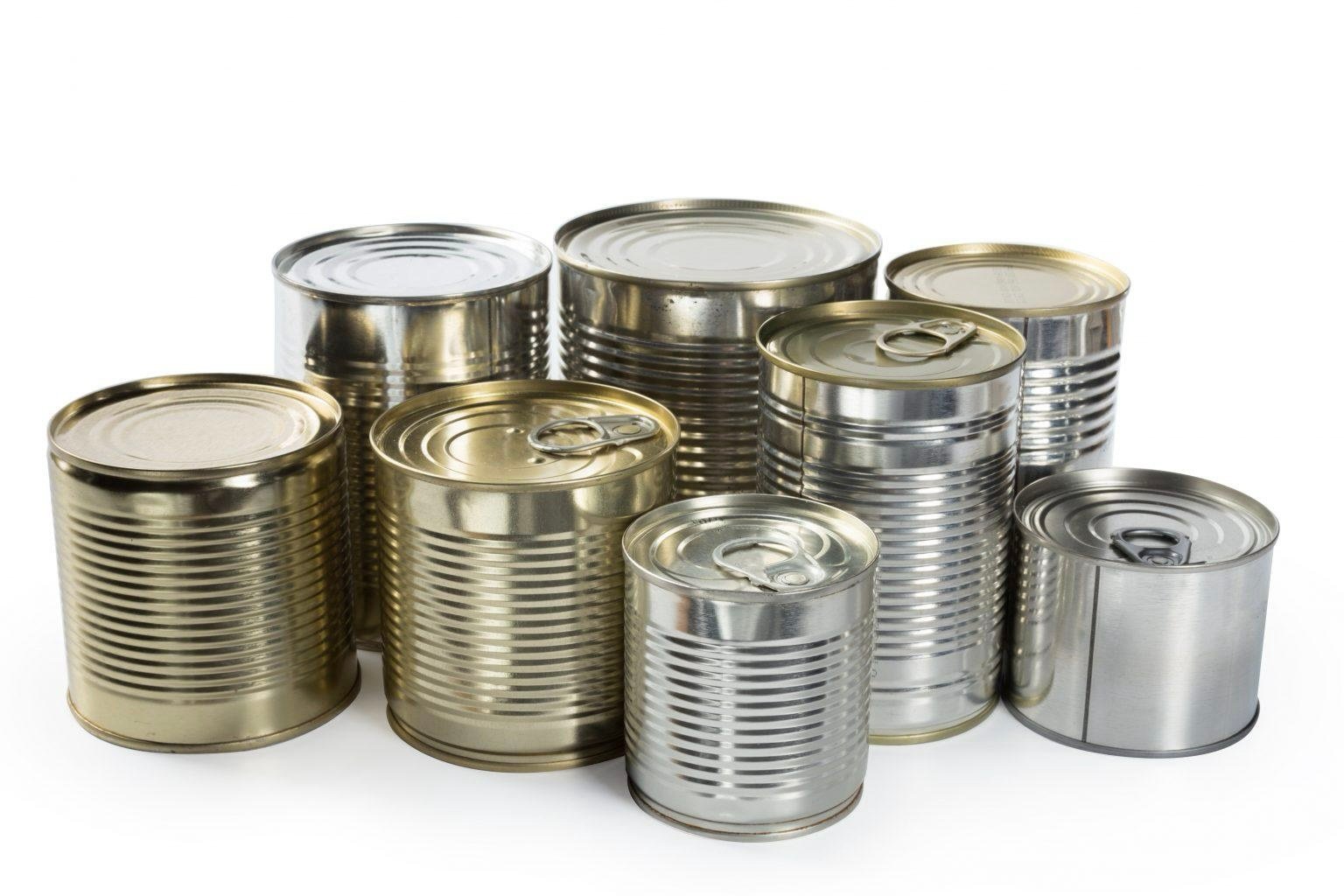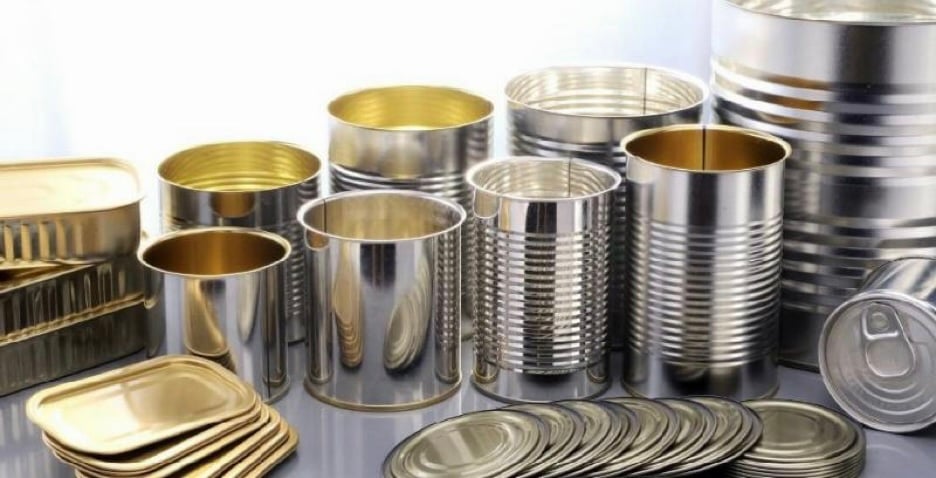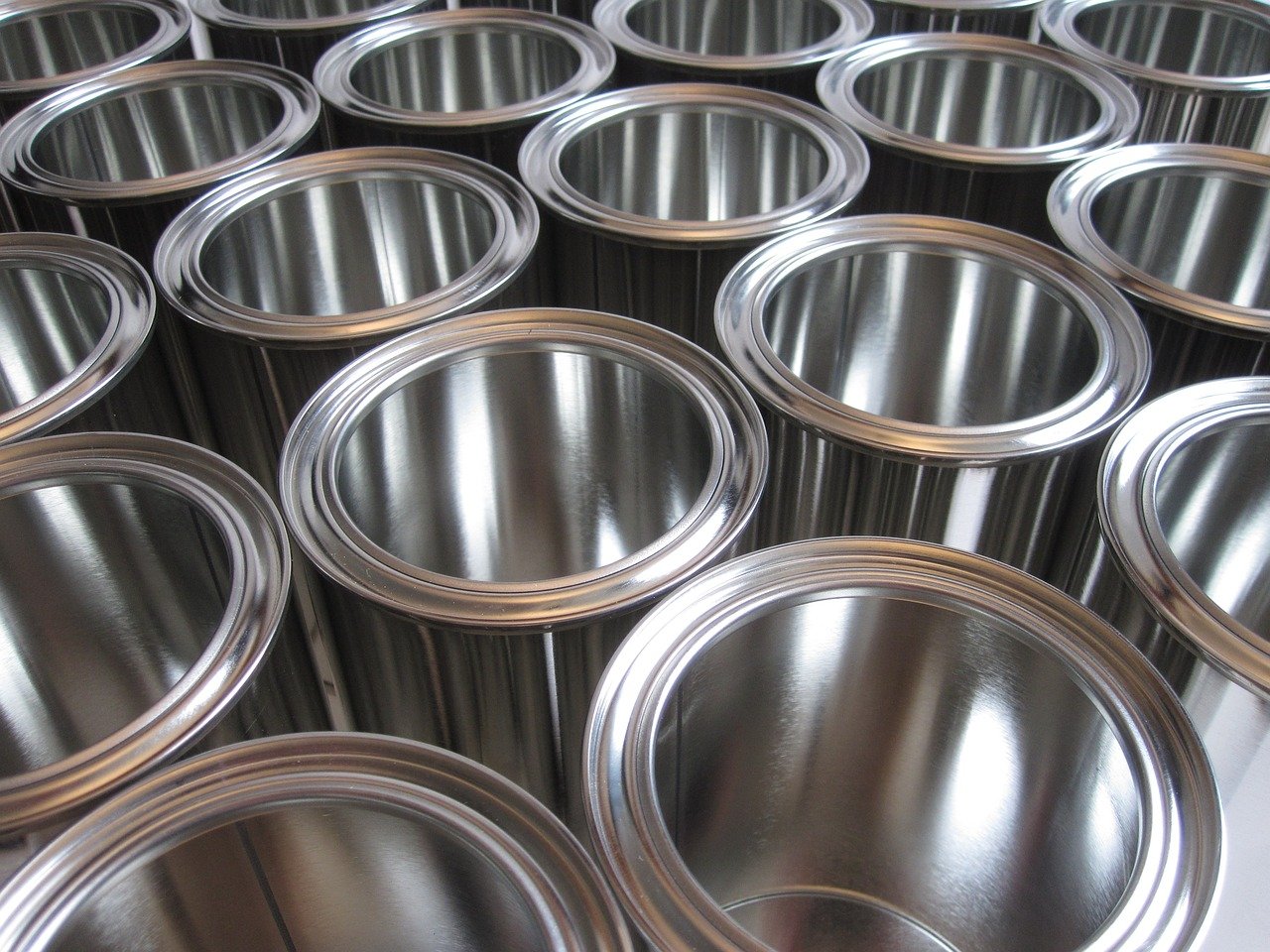Tin cans are a versatile and reliable packaging option, widely used in industries such as food and beverages, cosmetics, and aerosols. They offer excellent durability and protection, making them an ideal choice for preserving and transporting a wide range of products. But how do manufacturers ensure that their tin cans meet industry standards for quality and durability?
This article will explore the various measures tin can manufacturers take to guarantee their products are both durable and safe.
The Importance of Quality Control in Tin Can Manufacturing
Maintaining a high level of quality control is crucial in the production of tin cans. This ensures the cans provide the necessary protection, durability, and safety for the contents they hold. Every stage of the manufacturing process must be carefully monitored to prevent defects and ensure consistency.
Steps in the Quality Control Process
- Raw Material Selection
The durability of tin cans begins with the selection of high-quality tinplate, which is a combination of steel and a thin layer of tin. This blend provides both strength and resistance to corrosion. Before production begins, the tinplate undergoes rigorous testing to ensure it meets specific standards for strength and quality. - Can Forming and Seaming
The forming process involves shaping, cutting, and sealing the metal sheets. One of the most critical steps is the seaming process, where the top and bottom of the can are securely attached to the body. Proper seaming is essential for creating airtight seals, which preserve the product and prevent leaks. Manufacturers use advanced machinery to ensure precision and accuracy during this phase. - Leak Testing
Every batch of tin cans undergoes leak testing to verify that the seams and seals are intact. This process is crucial for ensuring the cans can maintain their airtight properties throughout storage and transportation. Any cans that fail these tests are removed from the production line to prevent defective products from reaching customers. - Application of Coatings and Linings
To protect the contents inside, tin cans are coated with specific linings, especially for food and beverage products. These coatings must be safe for contact with the product and meet strict regulatory standards. Manufacturers regularly check that coatings are applied correctly and maintain the proper thickness to ensure optimal protection.
Durability Factors in Tin Can Manufacturing
Tin cans are famous for their durable nature, but paying attention to a variety of factors is necessary to keep them strong.
Material Strength
The thickness of the tinplate used in production significantly impacts the strength of the can. High-quality tinplate ensures the can can withstand external pressures during transportation and handling. Leading manufacturers, such as Fanxun tin can manufacturers, use premium materials to ensure their cans remain durable under tough conditions.
Corrosion Resistance
Corrosion can compromise the long-term durability of tin cans, especially in environments with high moisture levels. To prevent this, manufacturers apply corrosion-resistant materials and coatings to the cans. This is particularly important in the food and beverage industry, where the cans must maintain their integrity over extended periods of storage.
Impact Resistance
Tin cans must also endure the physical challenges of distribution and handling without becoming distorted or damaged. Manufacturers conduct impact resistance tests to simulate real-world conditions, ensuring the cans can withstand falls and rough handling without compromising their structure or the product inside.

Technology in Quality Control
Advances in technology have significantly improved the quality control processes in tin can manufacturing, allowing for greater precision and consistency.
Robotics and Automation
Automation plays a vital role in tasks like seaming and leak testing, where precision is critical. Robotic systems help reduce the chances of human error, speeding up the production process while ensuring that each can meet strict quality standards.
Digital Inspection Tools
Manufacturers use digital tools to inspect cans for defects such as cracks, leaks, and inconsistencies in coatings. These tools can detect even minor faults and enable real-time corrections, further enhancing the overall quality of the final product.
Sustainability Efforts in Tin Can Manufacturing
With a growing emphasis on sustainability, tin can manufacturers are adopting eco-friendly practices to meet consumer and industry demands.
Recyclability
Tin cans are 100% recyclable, making them one of the most sustainable packaging options available. Manufacturers are committed to using recyclable materials in their production processes, helping to reduce environmental impact and promote a circular economy.
Lightweighting
Many manufacturers are exploring light-weighting techniques, which reduce the amount of raw material used in each can without sacrificing durability. This approach lowers production costs and decreases the energy consumption associated with manufacturing, further supporting environmental sustainability.
Ensuring Compliance with Industry Standards
To maintain product quality and safety, tin can manufacturers must comply with a range of industry regulations and standards.
FDA Standards
For food and beverage packaging, manufacturers must ensure that the interior coatings of their cans meet the safety standards set by the U.S. Food and Drug Administration (FDA). These standards are designed to prevent contamination and protect consumer health.
Certifications
Third-party certifications, such as ISO 9001, are commonly sought by manufacturers to validate their quality control processes. This certification demonstrates that a company adheres to internationally recognized standards for quality management.
Continuous Improvement
Manufacturers regularly conduct audits and reviews to identify areas for improvement. A commitment to continuous improvement helps companies remain competitive and maintain the high standards of quality and durability that customers expect.
Choosing a Reliable Tin Can Manufacturer
For businesses looking to maintain high packaging standards, partnering with a reliable tin can manufacturer is essential. Companies like Fanxun and aerosol can suppliers stand out in the industry for their focus on quality, innovation, and sustainability. Choosing a trusted manufacturer ensures you benefit from their expertise, cutting-edge technology, and adherence to industry standards—guaranteeing that your products remain safe and well-protected.

FAQs
What makes tin cans durable?
Tin cans are made from high-quality tinplate, offering strength, corrosion resistance, and impact resistance. Manufacturers also apply protective coatings to enhance durability and ensure long-lasting protection.
How do manufacturers test for leaks in tin cans?
Automated systems conduct leak tests by checking the seams and seals of the cans. Any can that fails to meet the quality standards is removed from the production line.
What role do coatings play in tin can manufacturing?
Coatings are applied to the interior of tin cans to prevent corrosion and protect the contents. These coatings are especially important for food and beverage cans and must meet stringent safety regulations.
Are tin cans environmentally friendly?
Yes, tin cans are fully recyclable, making them one of the most environmentally friendly packaging options. Many manufacturers prioritize sustainable practices by using recyclable materials and minimizing waste.
How can I choose a reliable tin can manufacturer?
Look for manufacturers with a strong track record in quality control, advanced technology, and certifications such as ISO 9001. Leading companies are known for their commitment to quality and sustainability in the industry.
Conclusion
Tin can manufacturers play a crucial role in ensuring that their products are durable and of high quality. By implementing rigorous quality control measures and leveraging the latest technologies, these manufacturers produce cans that meet the demands of various industries.
With sustainability efforts and a focus on continuous improvement, manufacturers provide reliable packaging solutions that keep products safe while contributing to environmental responsibility.

